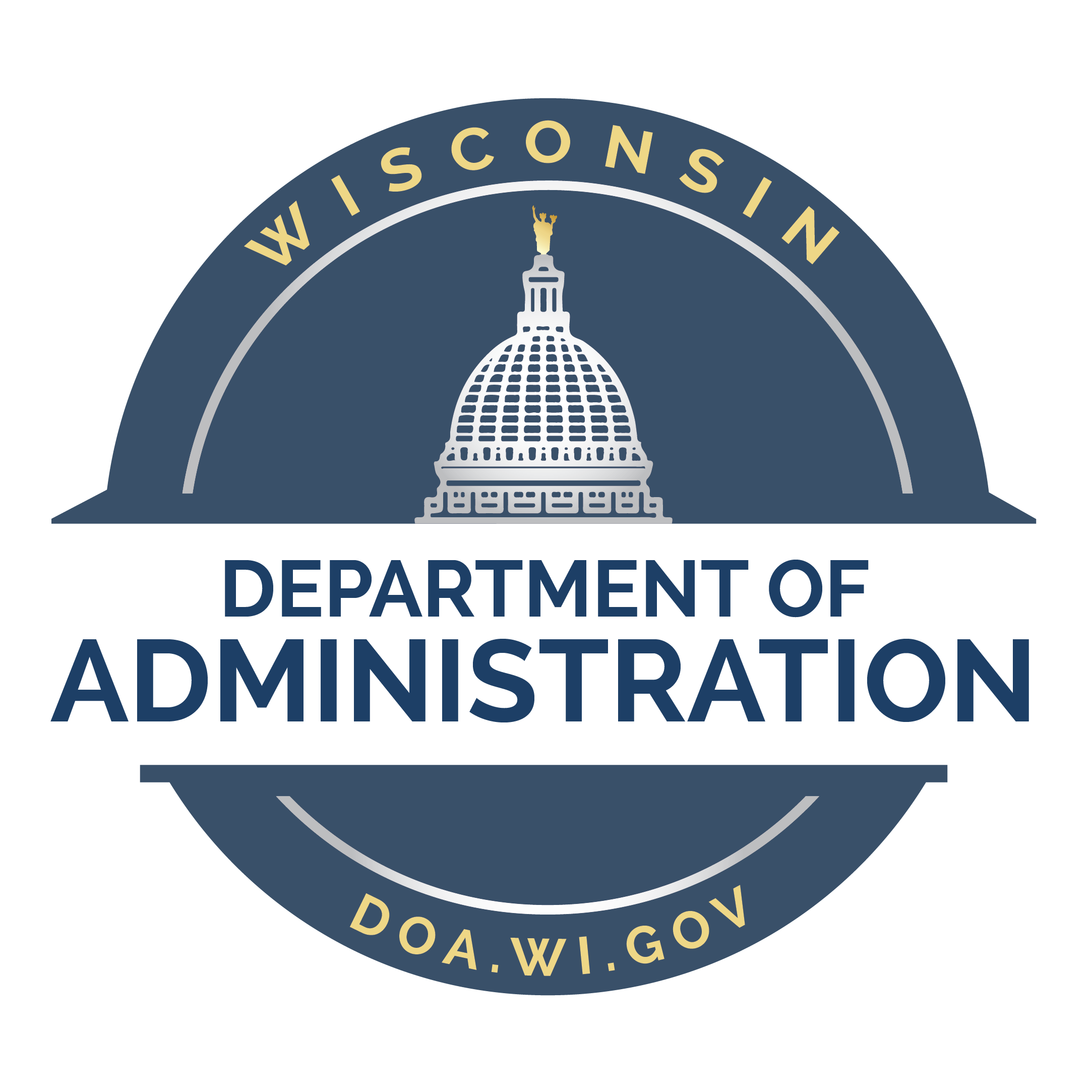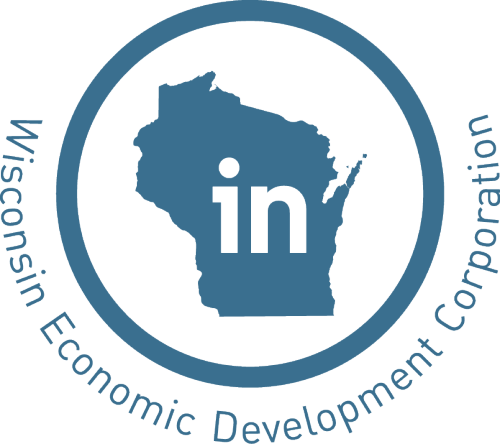Public Facilities Funding
Bay-Lake RPC Contact:
Sydney Swan, Economic Development Planner
Phone: (920) 448-2820, Ext. 108
Email: SSwan@baylakerpc.org
Community Development Block Grant - Small Cities Housing Program
The Wisconsin Community Development Block Grant (CDBG) program, administered by the Wisconsin Department of Administration, Division of Energy, Housing, and Community Resources (DEHCR), provides grants to general purpose units of local government for housing programs which principally benefit low to moderate income (LMI) households. These funds are primarily used for rehabilitation of housing units, homebuyer assistance, and small neighborhood public facility projects. CDBG dollars are flexible and responsive to local needs.
In addition to addressing LMI housing needs, CDBG can be used to leverage other programs or serve as a local match. The grant also can be used as an incentive to involve the private sector in local community development efforts or to respond to area needs. The CDBG program often serves as a catalyst for other community development projects.
Eligible Activities
- Rehabilitation of dwelling units.
- Removal of architectural barriers.
- Homeownership opportunities for renters.
- Payment of relocation costs and benefits.
- Small public facilities projects.
- Demolition or removal of buildings so site can be used for LMI housing.
- Conversion of buildings into LMI dwelling units.
- Acquisition of real property for the construction of LMI housing with other sources of funds.
- Site improvements for the construction of LMI housing with other sources of funds.
Housing proposals will be funded in order to upgrade the quality and expand the supply of decent, safe, and sanitary housing for LMI households. Successful programs have included residential rehabilitation (including accessibility improvements for persons with disabilities), conversion of commercial property to residential units, assistance to LMI renters to become homeowners, and small public facilities projects.
Funding
Funds are distributed between all Wisconsin counties except Dane, Milwaukee and Waukesha. The state is divided into seven regions to administer the program. Homebuyers, home-owner rehabilitation and small public facility projects should contact the appropriate region for assistance.
Local units of government use repaid CDBG housing loans to establish a local revolving loan fund (RLF) . Many municipalities throughout the state have available RLF dollars. These funds are available for the same eligible activities.
Eligibility
General purpose units of local government (towns, villages, and cities with populations of less than 50,000, and counties other than Dane, Milwaukee and Waukesha) are eligible to apply. Wisconsin facilitates seven regions. These regions cover all non-entitlement communities to ensure resources are available statewide. Regional allocations are based on the number of LMI households, units built prior to 1950, housing affordability, and unemployment factors of the jurisdictions joining the regions. Individual local units of government applications are awarded based on the same criteria used for the regions.
Indian tribes are not eligible because there is a special Indian Block Grant Program administered directly by the U.S. Department of Housing and Urban Development.
General Program Information
Contact
Information regarding the CDBG Small Cities Housing Program may be obtained by contacting the Program Manager at (608) 266-7531.

Community Development Investment Grant - WEDC
https://wedc.org/programs-and-resources/community-development-investment-grant/
Program Goal:
The goal of the Community Development Investment (CDI) Grant Program is to incent primarily downtown community development in the state of Wisconsin.
Program Description:
The program will support urban, small city and rural community redevelopment efforts by providing financial incentives for shovel-ready projects with emphasis on, but not limited to, downtown community-driven efforts. Funded activities should lead to measurable benefits in job opportunities, property values and/or leveraged investment by local and private partners.
Eligibility Requirements:
Definitions:
“Designated Rural County” means a county with a population density of less than 155 residents per square mile as of the 2010 Census. Municipalities (including counties, cities, villages and towns), tribal entities and other governmental authorities designated by a municipality to apply on its behalf will be eligible to receive grant assistance under the following restrictions:
- Grant recipients must provide a minimum 3:1 match investment in project costs.
- No more than 30 percent of the match investment may consist of other state and/or federal grant sources.
- Applicants must provide a signed resolution by the governing elected body authorizing the submittal of an application to the CDI Grant Program.
- Generally, applicants may only receive one CDI Grant per fiscal year; applicants within Designated Rural Counties may receive more than one grant per year, based on available funding.
- An applicant that was impacted by an event that has resulted in a State or Federal Disaster Declaration within the 24 months prior to submitting an application may receive funds for mitigation or preparedness planning and will receive additional considerations including the following:
- WEDC may reduce or waive the match requirements
- Applicants must demonstrate that all other funding mechanisms (CSBG, WI Disaster Fund, FEMA, etc.) have been evaluated and fully utilized before applying for WEDC CDI Grant funding.
Eligible activities include:
- Building renovation
- Historic preservation
- Demolition
- New construction
- Infrastructure investment
- Project or site development planning
Eligible projects are:
- Development of significant destination attractions
- Rehabilitation and reuse of underutilized or landmark buildings
- Infill development
- Historic preservation
- Infrastructure efforts, including disaster prevention measures, providing substantial benefit to downtown residents/property owners
- Mixed-use developments (not exclusively residential)
Activities ineligible for grant assistance or match include, but are not limited to:
- Past costs
- In-kind contributions
- Indirect construction costs (a.k.a. “soft” costs)
WEDC will take the following into account when considering a CDI Grant:
- Impact on the community
- Financial justification
- Previous planning efforts
- Readiness to proceed
- Involvement of public-private partnerships
- Other factors determined by WEDC
Incentives and Available Funding (FY19): $5,000,000
The grants will be limited to 25% of eligible project costs, with a maximum grant amount of up to $250,000. At least 50% of the funds will be awarded to cities/towns within Designated Rural Counties.
Application and Awards Process:
The CDI Program has a continuous application process. Applicants for a CDI Grant should complete an application through a regional economic development director. The completed application will be assigned to an underwriter and will go through the award review process. For more information on application review, internal process and award distribution, please refer to WEDC’s award administration policies and procedures.

Community Facility: Grant & Loan
USDA
http://www.rd.usda.gov/programs-services/community-facilities-direct-loan-grant-program
WI Board of Commissioners of Public Lands
State Trust Fund Loan Program
https://bcpl.wisconsin.gov/Pages/LoanProgramHomePage.aspx
